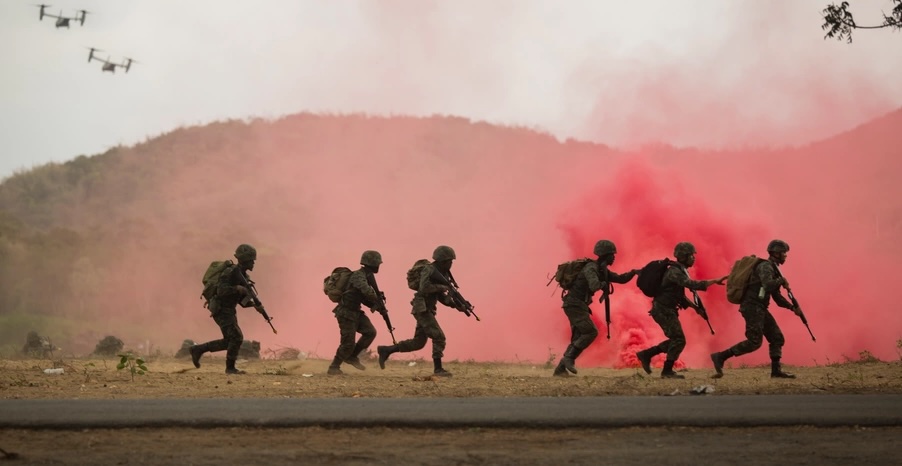Already a subscriber? Make sure to log into your account before viewing this content. You can access your account by hitting the “login” button on the top right corner. Still unable to see the content after signing in? Make sure your card on file is up-to-date.
The Pentagon is reportedly exploring military options to secure US access to the Panama Canal if the Panamanian government fails to curb Chinese influence.
Some shit you should know before you read: If you’re unaware, the timeline of the US-Panama Canal dispute under President Trump began when he took office. It started with Trump’s claims that China had too much influence over the waterway, specifically through two major commercial ports—Balboa and Cristobal—operated by Hong Kong-based CK Hutchison. Trump pressured Panama to reduce Chinese involvement, warning that failure to do so could result in US military intervention to “reclaim” the canal. Facing mounting US pressure, Panama announced it would not renew CK Hutchison’s contracts. Shortly after, CK Hutchison agreed to sell its global port operations, including the two Panamanian ports, to the US firm BlackRock for $22.8 billion, a move that provoked outrage from China, with state-backed media warning CK Hutchison to “think twice” about the sale and accusing the company of betraying Chinese interests.

What’s going on now: First reported by Reuters and then picked up by various news outlets, the Trump administration directed the Pentagon to develop military options ensuring unrestricted US access to the Panama Canal. A classified memo, described as an “Interim National Defense Strategic Guidance,” instructs the Department of Defense to provide “credible military options” ranging from increased security cooperation with Panama to more direct US control over the canal’s operations.
Military officials have been tasked with exploring options such as bolstering the presence of US forces in Panama, conducting joint security operations with Panamanian forces, and even stationing American troops along the canal zone as a show of force.
While the likelihood of a full-scale invasion remains low, the directive would be a clear alternative if diplomatic and economic measures fail to curb Chinese influence.
The directive comes amid broader concerns that China’s economic foothold in Panama could pose a strategic threat to US national security. The Trump administration believes that Beijing’s influence over key infrastructure, including CK Hutchison-controlled ports, could allow China to disrupt US military and commercial access to the canal in the event of a geopolitical conflict.
Roughly 70% of the cargo passing through the canal originates from or is destined for the United States. Any disruption to its operations—whether through foreign influence, political instability, or military conflict—could severely impact the US economy, driving up shipping costs and delaying critical supply chains.






